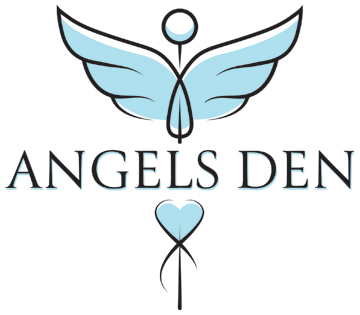The Battle for Breakthroughs: Three celebrity judges will decide who wins research funding at St. Michael’s Hospital’s Angels Den

By Leslie Shepherd

Even though science has once again become cool in Canada and is trending on Twitter – the prime minister can explain quantum physics! The governor general is an astronaut! – competition for government research funding remains intense.
Many research institutions, including St. Michael’s, have had to think outside the lab and find innovative ways to raise money from other sources to maintain existing programs and recruit international talent.
The third annual Angels Den event takes place Nov. 21 — a reality-TV-style contest to decide which two teams of researchers from St. Michael’s Hospital take home $50,000 each in innovation funding.
The event promises to be bigger and more exciting than ever, thanks to the presence of not one, not two, but three celebrity judges: Joe Mimran, Michele Romanow and Michael Wekerle and our emcee Maureen Holloway of CHFI radio in Toronto.
Eight pairs of researchers from St. Michael’s have been selected to pitch their research projects to the judges. Half are working on social innovation projects or tools to ensure all patients have access to quality health care, including members of vulnerable or disadvantaged communities. The others are working on transforming scientific discoveries into new therapies, diagnostics, vaccines or devices that will improve patients’ lives.
The judges will select a winner from each steam who will receive $50,000; the other three in each group will receive $10,000 each. The audience will vote for the People’s Choice award of $10,000.
Details of the eight projects are a secret, so the judges will all hear about them at the same time.
But previous winners have included MIMOSA (Multispectral Mobile Tissue Assessment Device) a device that detects poor blood circulation in the feet, which can lead to diabetic foot ulcers, by photographing the skin with near-infrared light. About 3 million Canadian have diabetes and between 15 and 25 per cent of them will have a foot ulcer at some point. These ulcers often become infected and as a result, diabetics are 23 times more likely than the general population to have a lower limb amputation
One of the 2015 winners went on to win the Global Healthcare Innovation Academy’s international competition in Calgary: NeoVest, a technology being developed to help newborn infants breathe.
Newborns born prematurely or with very low birth weight often have underdeveloped lungs and weak respiratory muscles and need breathing support from a mechanical ventilator. There is evidence that inserting a tube into the baby’s windpipe to deliver air should be avoided, and while delivering air through the nostrils is recommended, continued use of nasal devices can cause skin breakdown and permanent damage to the nose.
One alternative is “negative pressure ventilation” in which the baby wears a vest similar to a life jacket and the ventilator pulls on the chest gently by applying negative pressure. The concept is similar to the old “iron lung” but the materials are lightweight and suitable for babies’ sensitive skin.
About St. Michael’s Hospital
St. Michael’s Hospital provides compassionate care to all who enter its doors. The hospital also provides outstanding medical education to future health care professionals in more than 29 academic disciplines. Critical care and trauma, heart disease, neurosurgery, diabetes, cancer care, care of the homeless and global health are among the Hospital’s recognized areas of expertise. Through the Keenan Research Centre and the Li Ka Shing International Healthcare Education Centre, which make up the Li Ka Shing Knowledge Institute, research and education at St. Michael’s Hospital are recognized and make an impact around the world. Founded in 1892, the hospital is fully affiliated with the University of Toronto.
